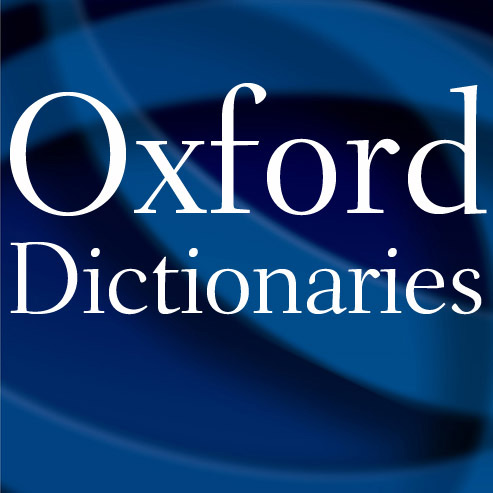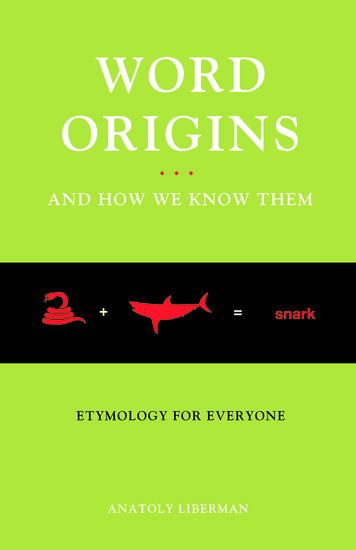In recognition of Adoption Month, we interviewed two scholars, Peter Hayes and Ingi Iusmen, about intercountry adoption (ICA) to raise awareness of some of the complexities presented by intercountry adoption. Today, we present a brief Q&A with Peter Hayes, Senior Lecturer in Politics at the University of Sunderland and author of “The legality and ethics of independent intercountry adoption under the Hague Convention” in International Journal of Law, Policy and the Family.
Where is independent, intercountry adoption (ICA) legal?
An independent ICA can be interpreted to mean a private adoption that has not been scrutinised and endorsed by either the sending or receiving state. This will almost certainly be illegal. However, more usually an independent ICA means one where an initial match is made without the involvement of official state agencies, although the state authorities in either the sending or receiving state do decide whether or not to authorise the match. This form of independent ICA is much more likely to be legal.
When state adoption authorities were asked about the legality of independent ICA in 2010, their responses were more or less equally divided between states that said that it was not permitted (e.g. China) and states which said that it was (e.g. France). It was not always clear, however, which definition of independent ICA was being used. The United Kingdom ducked the question by replying ‘not applicable’. In fact, ICAs in which the initial match was made by non-state actors have been authorised by the British courts so independent ICA is legal in the United Kingdom.
The 1993 Hague Convention on Intercountry Adoption provides a framework for arranging ICA, and independent ICA, in the sense of independent preliminary matching, is permitted under the Convention at the discretion of each state. When the Convention was drawn up there were mixed views on whether to sanction independent ICA. However, a majority of state representatives were in favour of allowing for it; the United States in particular made it clear that it would only sign up to a treaty that permitted independent ICAs. After the United States implemented the Convention in 2008 the arguments against independent ICA were reinvigorated by the Permanent Bureau’s Guide to Good Practice, which claimed incorrectly that independent ICA was inconsistent with the 1993 Convention. This misleading guidance has become the source of continuing confusion over the legality of independent ICA.
Why has ICA become an increasingly contentious issue?
The great majority of children adopted internationally have experienced successful placements. There have, however, been concerns raised over unethical practices toward birth mothers. A reasonable and pragmatic policy response to this situation is to develop ICA policies that help as many needy children as possible, while ensuring that the difficulties and pressures facing birth mothers are at least made no worse, and that any support offered to them during and after pregnancy is unconditional. This approach sees well-regulated ICA as helping to uphold children’s rights in a way that is combined with the recognition of the rights of birth mothers.
ICA is contentious in part because its critics dispute that such an aim is possible or even desirable. Critics tend to reason that (1) if the world was fair there would be no need for ICA, therefore, (2) if we ban ICA, the world will become fairer. The premise is reasonable but the conclusion is false. One can ban ICA at the stroke of a pen. It is far harder and more time consuming to change the world for the better by transforming the economic and social conditions that underlie the need for these adoptions. Until these changes happen, needy children denied the chance of an ICA may be left in a dire position. Critics tend to say little about this, although they sometimes assume that the children will be adopted domestically, or that they never really needed adopting at all. These assumptions are overly optimistic. Infanticide, high rates of child mortality, cruel forms of child labour, extreme poverty, poor institutional care, poor health, and stunted growth are all problems in many parts of the world. It is likely that some such fate awaits many children of impoverished and marginalised mothers if they are not adopted.

In what ways is ICA both being extended and restricted?
ICA is continually renewed and extended by thousands of individual initiatives by birth mothers and adoptive parents as well as ventures by adoption mediators. These societal ventures are often small scale and localised but can grow into extensive organised programmes, such as the Holt agency.
The success or otherwise of these initiatives depends very much upon the permissive or restrictive attitude of child welfare authorities, visa and border control authorities, and the judiciary. At a policy level these state authorities can often be often restrictive. In particular an adoption initiative that steps outside the standard pattern of an established ICA programme (e.g. when parents adopt a child while living abroad and then try to return home), is liable to face a labyrinth of obstacles. However, by no means all officials tasked with implementing restrictive policies are obstructive; some will use their discretion to help rather than to hinder ICAs and are spoken of with gratitude by adoptive families.
What are some of the factors which shaped the EU’s changing policy on ICA in relation to Romania?
The controversy over ICA is exemplified by Romania where opponents’ concerns over corruption are set against supporters’ concerns over children living in very poor conditions. When Romania applied to join the European Union, opponents succeeded in ensuring that a moratorium on ICA was made a condition of membership. Romania acquiesced and the ban was progressively implemented from 2001. Those who backed the moratorium hoped that domestic adoption would increase as a consequence. This has still not happened. The most recent figures state that 966 children were placed for domestic adoption in 2012. This is the lowest annual figure since 1998.
ICA from Romania has been particularly contentious because of how it began. After the fall of the Ceausescu regime, it was discovered that Romania’s orphanages were crammed with children living in appalling conditions. In response to this tragic realisation, an extraordinary social movement arose as thousands of European families travelled to the country to adopt. These adoptions rescued many children and helped to alleviate the conditions for those who remained. Almost all of these Romanian adoptions have been successful for the children and their families. In fact they have been at least as successful, if not more so, than domestic adoptions arranged through professional matching.
The scale and effectiveness of the response to the crisis in Romania shows the potential of independent ICA to help needy children. However, the adoptions were inimical to the rationalistic, planned, highly-organised, and tightly-regulated ICA processes that adoption professionals and policymakers had been developing. This may explain why, instead of supporting these adoptions, many professionals and policymakers viewed them with bitterness, and became determined to stop them.
What does Adoption Month mean to a scholar of ICA policy?
Anything that raises awareness of the practical possibilities for adoption and people’s experiences of adoption is to be welcomed, whether it concerns ICA or domestic adoption. Personal contact with adoptive families, media reports on ICA and even celebrities who have adopted internationally, from Josephine Baker to Madonna, have all played a role in making people conscious of the opportunities to adopt a child from another state. Adoption Month provides an extra chance to highlight the potential of both domestic and intercountry adoption to transform the lives of children.
Peter Hayes is Senior Lecturer in Politics at the University of Sunderland. He has published on international adoption policy, on transracial adoption, on adoption in Japan and in Korea, and on “early” puberty amongst internationally adopted children. His articles include “The legality and ethics of independent intercountry adoption under the Hague Convention” in The International Journal of Law, Policy and the Family.
The subject matter of the International Journal of Law, Policy and the Family comprises the following: analyses of the law relating to the family which carry an interest beyond the jurisdiction dealt with, or which are of a comparative nature; theoretical analyses of family law; sociological literature concerning the family and legal policy; social policy literature of special interest to law and the family; and literature in related disciplines (medicine, psychology, demography) of special relevance to family law and research findings in the above areas.
Subscribe to the OUPblog via email or RSS.
Subscribe to only law articles on the OUPblog via email or RSS.
Image credit: Family portraits. © theboone via iStockphoto.





